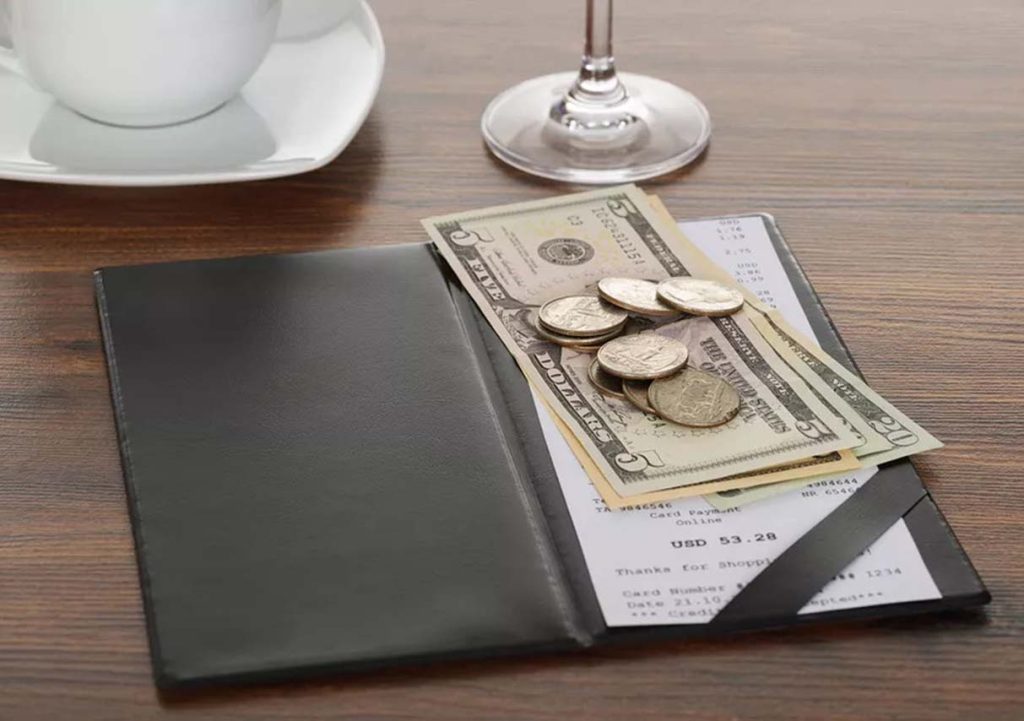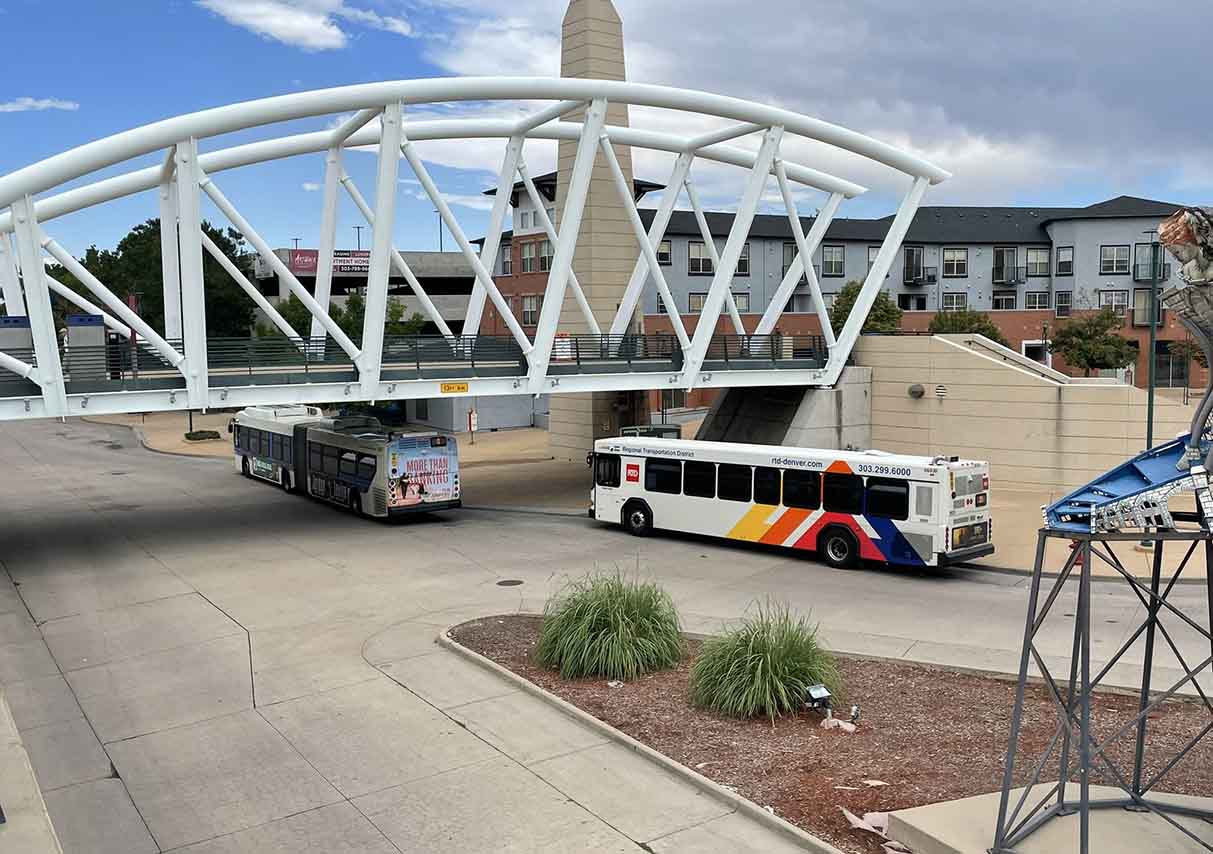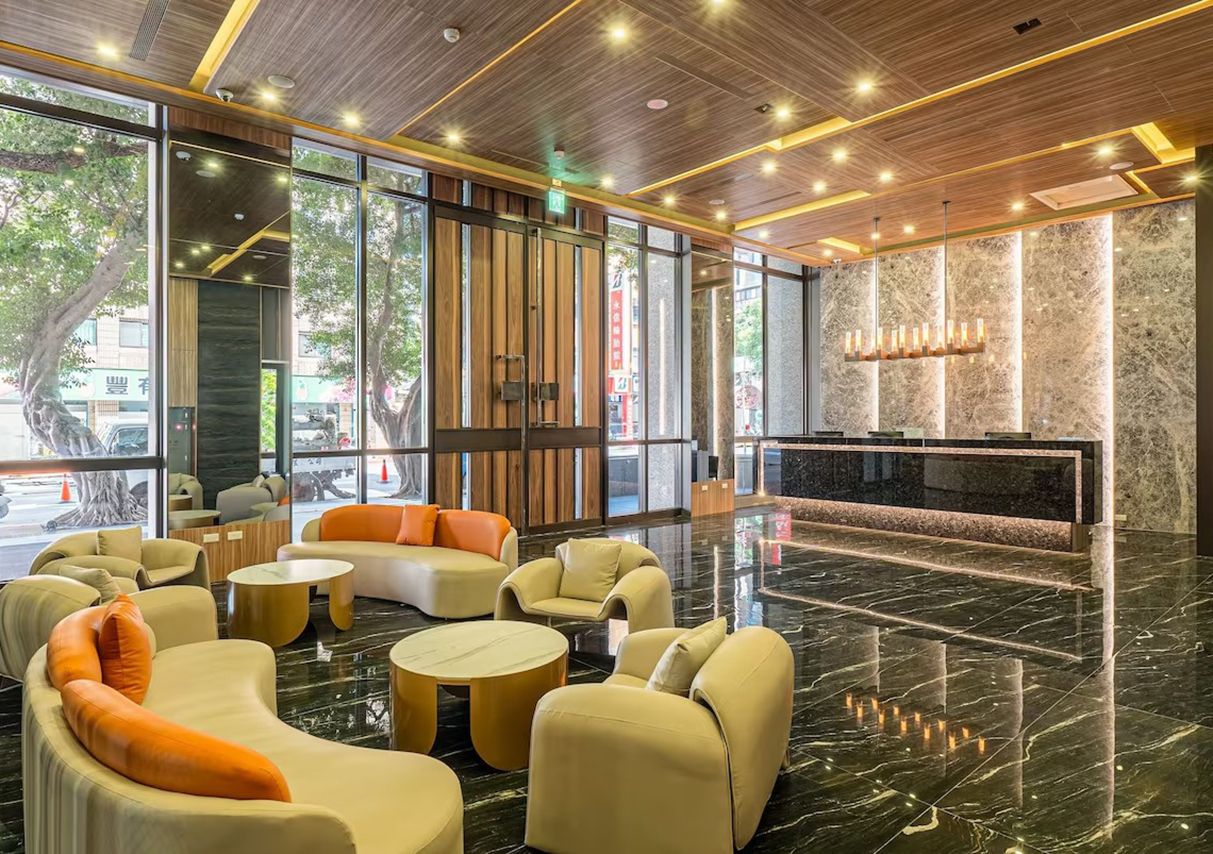When exploring the vibrant streets of Lisbon, Portugal, it’s not just the stunning architecture and delicious cuisine that can leave a lasting impression – it’s also the city’s unique tipping culture. I’ve found that understanding the local customs of tipping and transactions is crucial for a seamless experience in this enchanting city.
1. Tipping in Restaurants:
In Lisbon, tipping at restaurants is customary but not as hefty as in some other countries. The general rule of thumb is to leave a tip of around 5% to 10% of the total bill if a service charge is not included. However, it’s essential to check the bill to see if a service charge (usually around 10%) has already been added. If it has, leaving an additional tip is optional but appreciated.
2. Cafés and Bars:
When enjoying a coffee or a drink at a café or bar, it’s common to round up the bill or leave a small amount as a tip. For instance, if your espresso costs €1.50, rounding up to €2 is a thoughtful gesture. In bars, you can do the same or leave a euro or two for good service.

3. Taxis:
Tipping taxi drivers in Lisbon is not mandatory, but it’s courteous to round up the fare or leave a small amount as a tip. For example, if your taxi ride costs €7.50, you can round it up to €8. If the service has been exceptional or if the driver has helped with luggage, consider a slightly larger tip.
4. Tour Guides:
If you participate in guided tours, it’s customary to tip your tour guide. Depending on the length and quality of the tour, a tip of €5 to €10 per person is generally appropriate.
5. Hotel Staff:
In hotels, tipping is not obligatory, but it’s a common practice to show appreciation for good service. You can leave a small tip for housekeeping (€1 to €2 per day), and porters or bellmen (€1 to €2 per bag) if they assist with your luggage.
6. Understanding Service Included:
It’s crucial to check your bill for a service charge, often listed as “serviço” or “coperto.” If a service charge is included, there’s no need to leave an additional tip unless you received exceptionally outstanding service.

7. Payment Methods:
Credit and debit cards are widely accepted in Lisbon, including in restaurants and shops. However, it’s advisable to carry some cash for small transactions and in case you visit places that do not accept cards. ATMs are readily available throughout the city.
8. Cultural Considerations:
Lisbon is known for its friendly and welcoming locals. While tipping is appreciated, it’s equally important to be polite and respectful during your interactions. Saying “obrigado” (thank you) goes a long way in showing your appreciation.
Understanding Lisbon’s tipping culture can enhance your overall experience in this beautiful city. While tipping is customary, it’s not as high as in some other destinations, making it more accessible for travelers. By being mindful of the guidelines mentioned above, you can navigate the world of transactions and gratuities with ease, ensuring that your interactions with the locals are both respectful and enjoyable.





